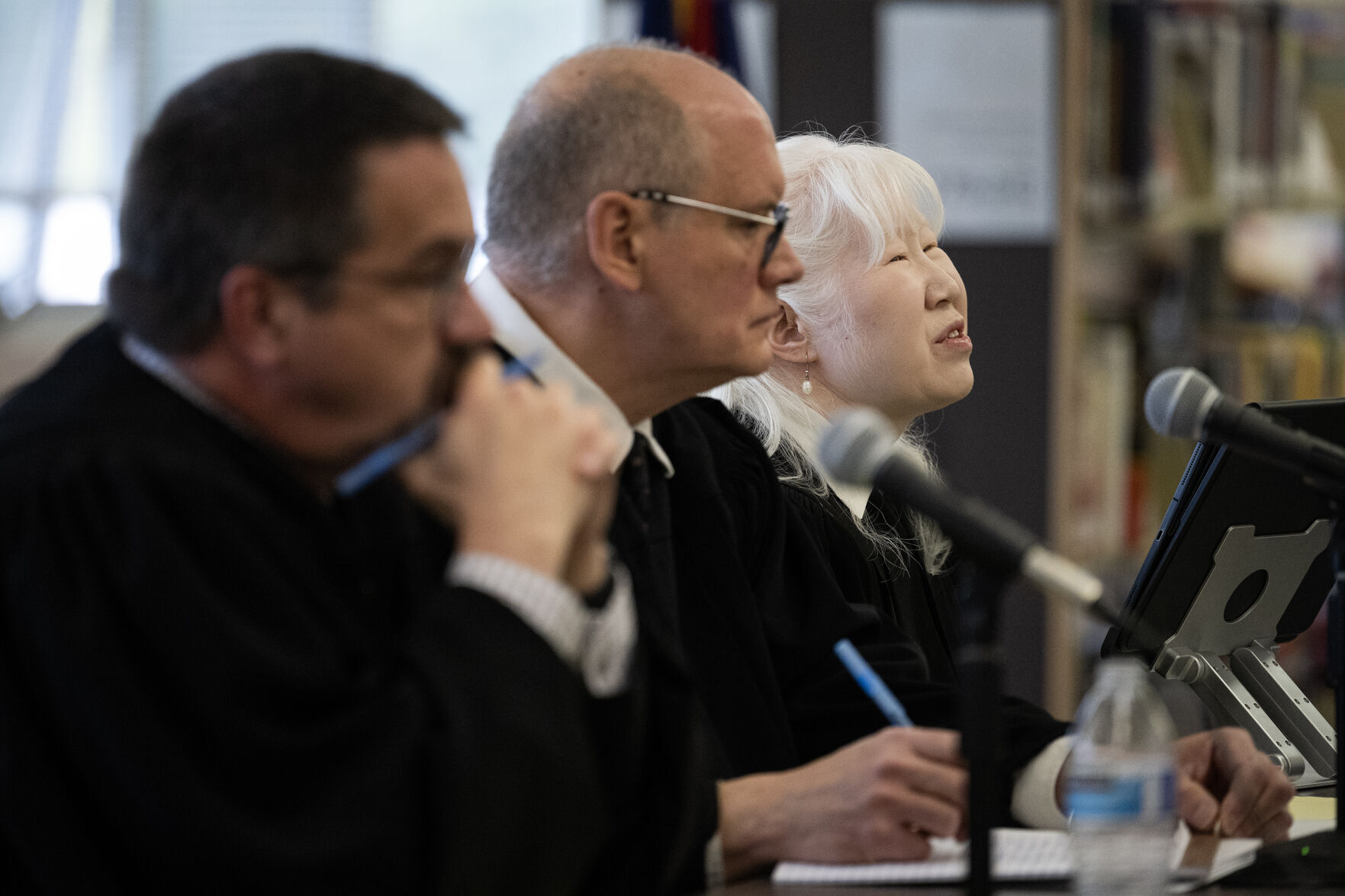Colorado appeals court recognizes right to effective counsel in forced-medication cases

For the first time, Colorado’s second-highest court has recognized there is a right to effective assistance of counsel for people involved in criminal cases whom the government wishes to forcibly medicate.
A three-judge panel relied on similar decisions from other states and the principle that involuntary medication proceedings can result in a loss of liberty, thereby implicating a defendant’s right to due process.
The panel also specified the right to effective assistance of counsel means criminal defendants who are incompetent to stand trial and who may be subjected to forcible medication can claim they received ineffective assistance under limited circumstances.
However, the Court of Appeals’ clarification of the law did not help Jean B. Uwayezuk, whose lawyer only had two days to prepare for an involuntary medication hearing and was unable to meet with Uwayezuk because the sheriff’s office denied access. The panel ruled that under the circumstances, Uwayezuk received effective assistance.
Case: People in the Interest of Uwayezuk
Decided: July 13, 2023
Jurisdiction: Denver
Ruling: 3-0
Judges: Sueanna P. Johnson (author)
John Daniel Dailey
Katharine E. Lum
Background: United States v. Cronic (1984)
Uwayezuk stands accused of robbery and felony menacing in Denver. In late 2021, a judge ordered an evaluation of whether Uwayezuk was competent to stand trial. However, a shortage of treatment beds allegedly left Uwayezuk sitting in jail for a year awaiting the restoration of his competency.
In November 2022, the government sought a judge’s permission to forcibly give Uwayezuk anti-psychotic medication. Jail staff had noticed Uwayezuk deteriorating. He reportedly ceased taking care of his basic needs, appeared to be experiencing hallucinations and behaved unpredictably.
A judge appointed a lawyer for Uwayezuk on Nov. 30 and held a hearing on Dec. 2. The lawyer was not allowed inside the jail to meet with his client and had only two days to prepare. After the hearing, Probate Court Judge Elizabeth D. Leith granted the government’s request to forcibly medicate Uwayezuk.
Uwayezuk appealed, arguing he did not receive effective assistance of counsel given the minimal time his lawyer had to prepare.
Typically, claims alleging ineffective assistance of counsel in criminal cases are litigated in postconviction proceedings, where the defendant must show a lawyer’s performance was objectively unreasonable and likely affected the outcome. However, the U.S. Supreme Court provided another route for ineffective assistance claims in its 1984 decision of United States v. Cronic.
In Cronic, a man accused of financial crimes received an appointed attorney – a real estate lawyer who had never tried a case and who had 25 days to prepare for trial. The Supreme Court rejected the idea the lawyer was ineffective, but acknowledged there were certain situations where harm to the defendant would be clear:
? The complete denial of counsel.
? When a lawyer fails entirely to challenge the government’s case.
? If even a fully competent lawyer could not handle the case effectively.
The Court of Appeals panel did not believe Uwayezuk’s case fell in any of those categories, even while recognizing the rushed timeline for the hearing.
“We agree that appointed counsel’s inability to meet with the client before the expedited hearing … should be a rare occurrence,” wrote Judge Sueanna P. Johnson.
However, she pointed out Uwayezuk’s lawyer was “experienced,” had access to Uwayezuk’s medical records and cross-examined Uwayezuk’s treating physician. Therefore, the lawyer performed effectively.
The panel originally released its decision on June 1, but reissued it on July 13 as a “published” decision, meaning one intended to set a precedent. The court clerk told Colorado Politics the time-sensitive nature of the case required the opinion to be released before a majority of the court’s judges voted to publish the decision.
The case is People in the Interest of Uwayezuk.














